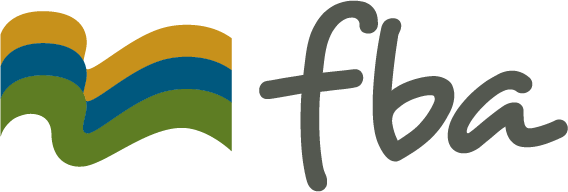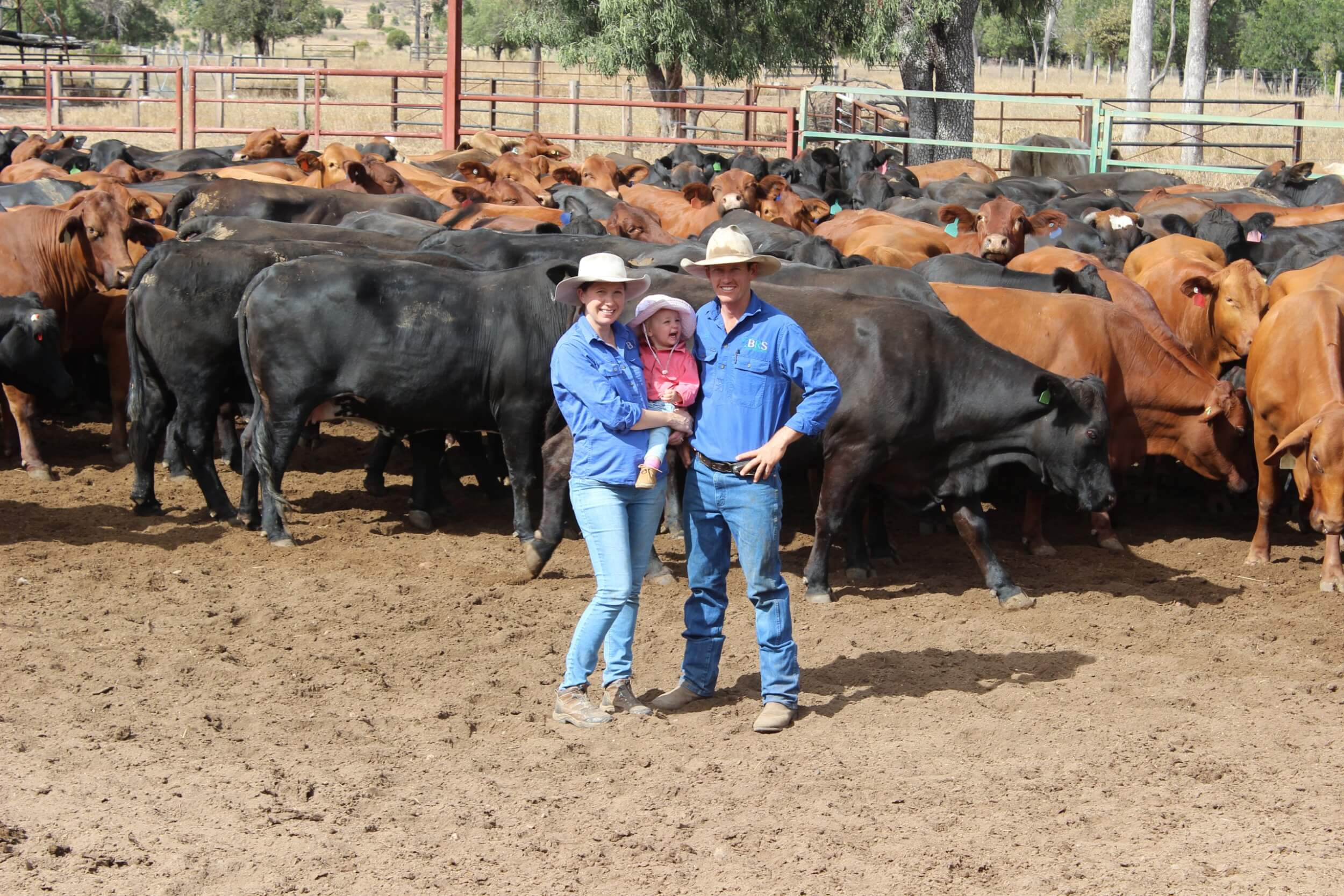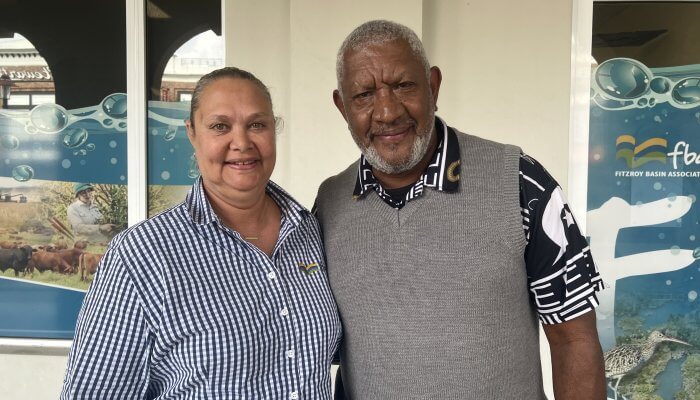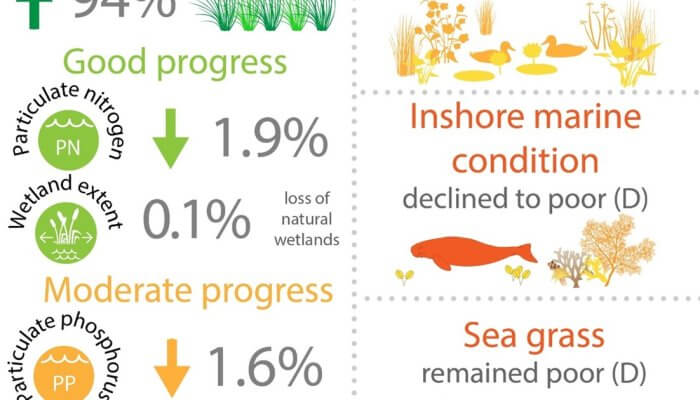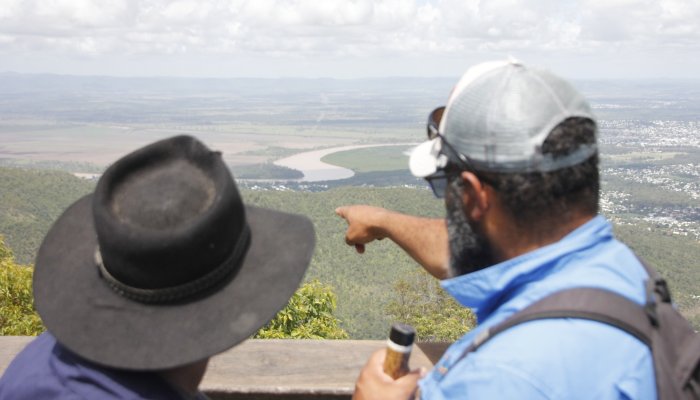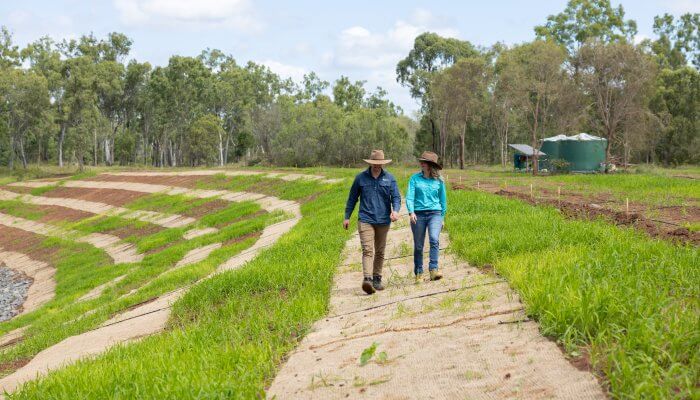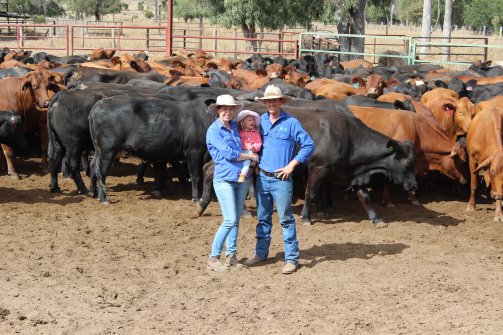
Evidence of a job well done
Posted on April 11th, 2022
Delayed and uncertain return on investment is a well-known obstacle that prevents land managers from implementing on-ground action. On-ground actions can be costly, resource-intensive and challenging; as land managers abandon century-old practices. To overcome this difficult hurdle, the Paddock to Reef Integrated Monitoring, Modelling and Reporting Program (Paddock to Reef program) provides important and encouraging feedback.
The Paddock to Reef program, launched in 2009, monitors and measures changes in contaminant loads and links on-ground practice changes with water quality and flow data. It brings the work of many projects together, providing a framework for evaluating and reporting on progress to the 2025 targets in the Reef 2050 Water Quality Improvement Plan (Reef 2050 WQIP targets).
How it works
Land managers, provide important data to the Paddock to Reef program by participating in government funded projects. Their improvements are measured by a set of questions that benchmark their current agricultural practices at the beginning of a project and again at the end. This measured change is combined with the results of water quality monitoring data and modelled to predict the impact of the change to water quality flowing to the Reef.
For land managers, this data enables them to see the return on investment, extension officers feel confident in their recommendations and the Paddock to Reef program can calculate how individual contributions are achieving major environmental targets (Reef 2050 WQIP).
An example
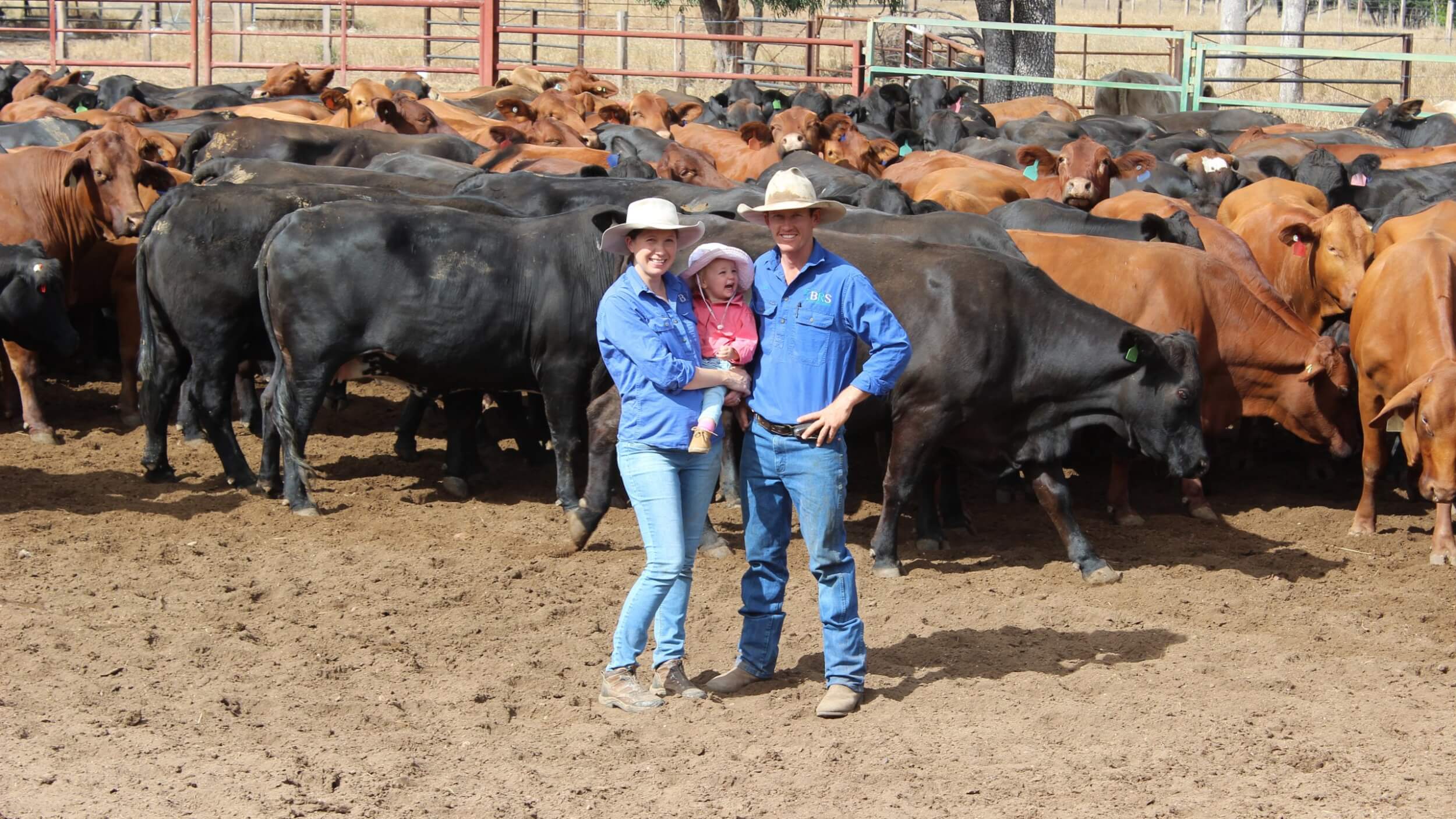
Rob and Carly Johnstone manage 2,300ha of their family’s mixed farming operation located in the largest catchment feeding to the Great Barrier Reef (the Fitzroy). Wanting to increase the property’s productivity and profitability, Carly and Rob reached out to Fitzroy Basin Association for assistance.
To provide customised advice, FBA’s Land Management Coordinator, Reece Brookes visited Rob and Carly. Studying the land, infrastructure, animals, crops while also considering the Johnstone’s business goals, Reece found that Rob and Carly were a great fit for the Grazing Resilience and Sustainable Solutions (GRASS) program.
GRASS supports graziers with areas of poor (C) or degraded (D) land condition to develop and implement a tailor-made action plan for land management.
Through GRASS and with Reece’s help, Rob and Carly deep-ripped and seeded a badly scolded paddock. Over 6 months, the paddock went from degraded (D) land condition with no feed to 50% ground cover. Using the Paddock to Reef program’s projector tool, this project saved 4 tonnes of fine sediment from eroding off the land.
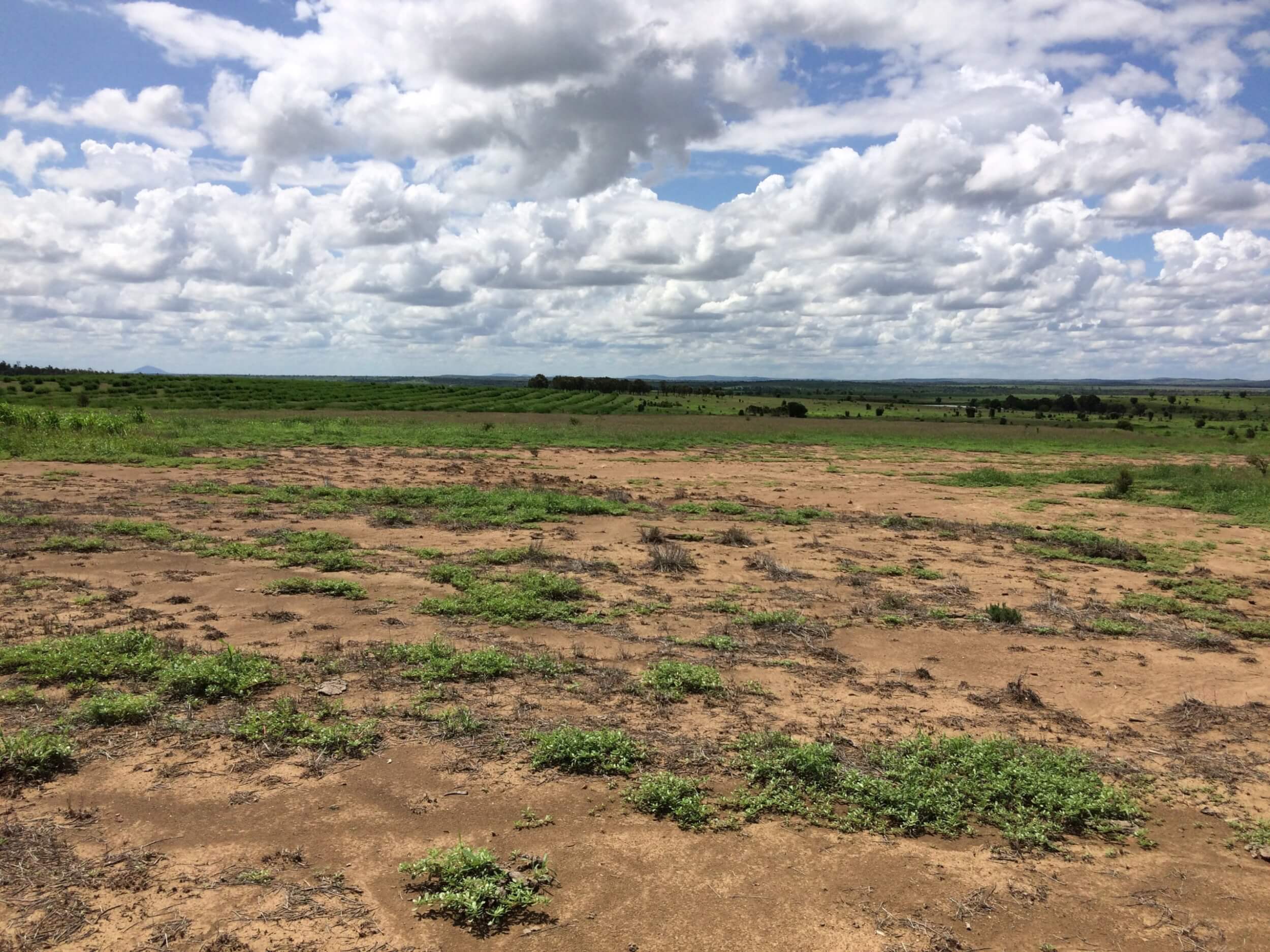
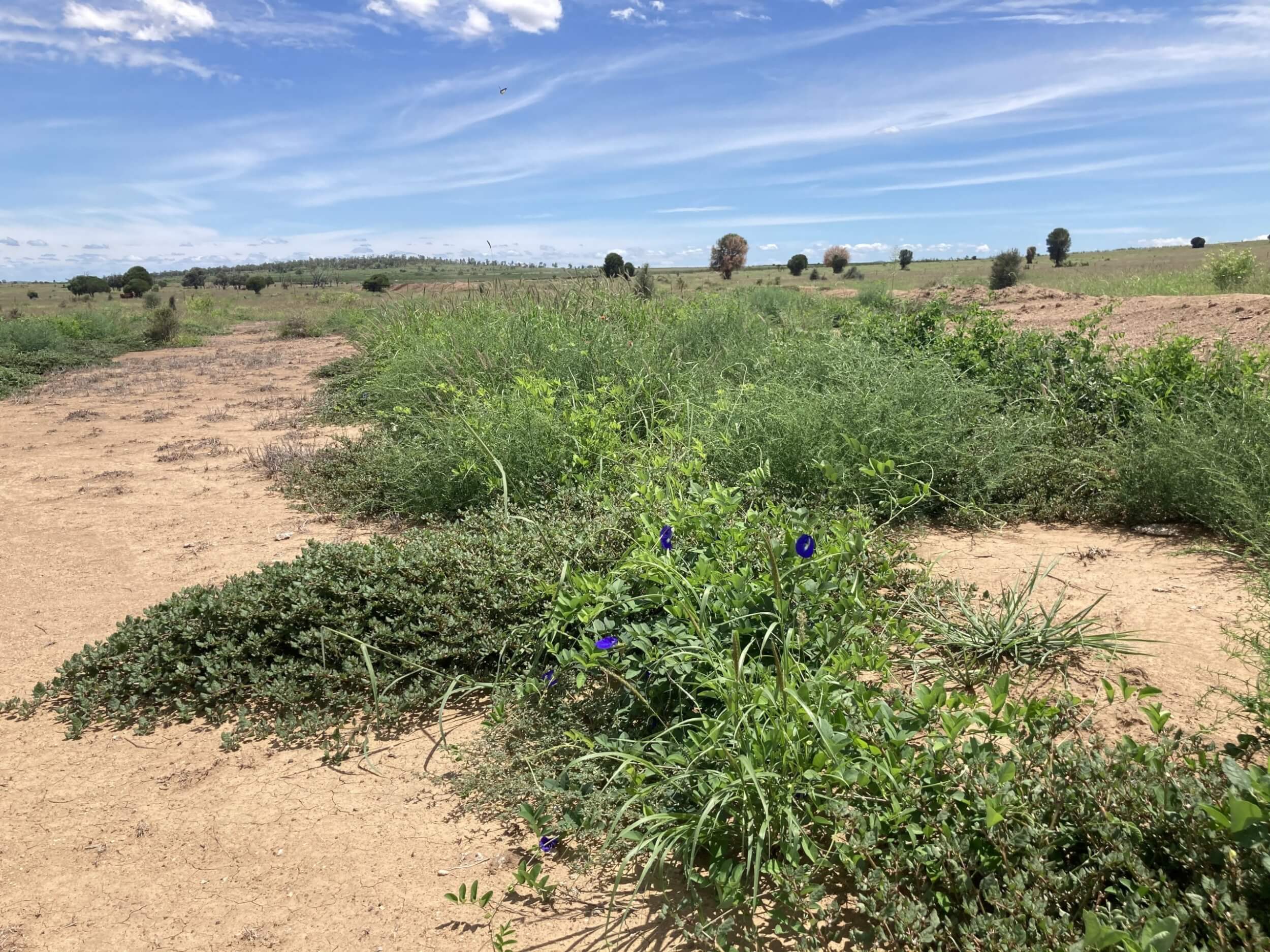
“This project has produced some great results for us. Thanks to the monitoring that Reece did before and after the project we can see the physical changes to the paddock and observe the changes in how we think about and manage our property.”
“These changes have encouraged us to look more broadly at our property and enterprise to consider what else we can do to improve our productivity and sustainability. We’re excited by the opportunities ahead of us.”
Rob Johnstone
For Reece, the Johnstone’s results are proof of a job well done.
“A land manager’s property is their home and their livelihood. Bad advice can cost them more than money. The Paddock to Reef program helps me understand how receptive the managers are to change and illustrate the benefits of similar actions in similar conditions. With this information and with their trust, I can guide them on a journey of change,” Reece reiterated.
The Johnstone’s are just one example of the hundreds of Fitzroy region land managers (and thousands of Queensland land managers) involved in the Paddock to Reef program. Data collected from these individuals are unidentified and displayed in annual Report Cards. The Report Cards show on-ground progress towards Reef 2050 WQIP outcomes.
To learn more about the Paddock to Reef program, the Fitzroy region’s targets, or the latest Report Card results visit – www.reefplan.qld.gov.au/tracking-progress/reef-report-card
The Paddock to Reef program is jointly funded by the Australian and Queensland governments, and has continued to improve in terms of scope, methodology and
application over 10 years.
The Grazing Resilience and Sustainable Solutions (GRASS) program is funded through the Queensland Government’s Queensland Reef Water Quality Program and delivered by the Department of Agriculture and Fisheries (DAF), Burnett Mary Regional Group, Fitzroy Basin Association and NQ Dry Tropics.
